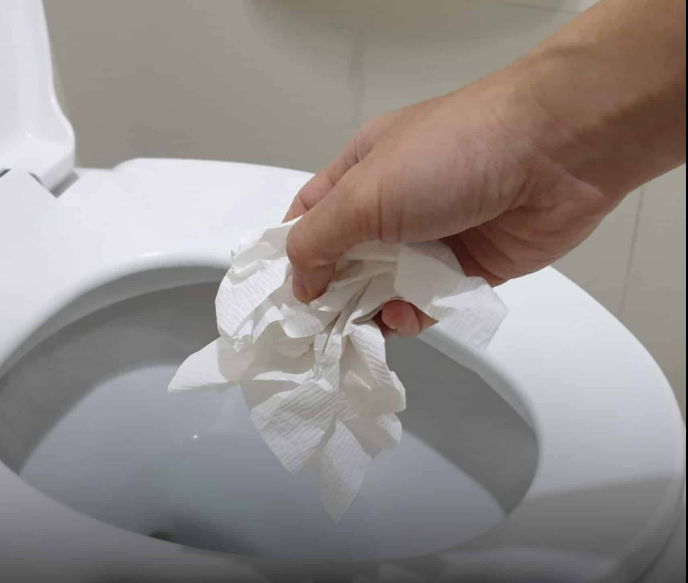- Wipe front to back: This prevents transfer of bacteria from the anus to the vagina and urethra.
- Use soft, unscented toilet paper: Avoid rough or scented papers which can irritate sensitive skin.
- Pat rather than rub: Gentle patting minimizes friction.
- Consider wet wipes designed for intimate use: Look for alcohol-free, fragrance-free options.
- Introduce water cleansing: Using a bidet or a handheld water spray can gently clean the area without abrasion.
- Dry gently afterward: Ensure the area is dried softly to prevent moisture-related irritation.
9. Daily Practices to Maintain Intimate Health
Beyond wiping, other daily habits play a role in maintaining vulvar comfort and preventing irritation:
- Wear breathable cotton underwear: Allows airflow and reduces moisture.
- Avoid tight clothing: Reduces friction and sweating.
- Stay hydrated and maintain a fiber-rich diet: Promotes regular, soft stools.
- Avoid harsh soaps or douches: These disrupt the natural pH and flora.
- Practice good bathroom habits: Don’t rush bowel movements and ensure complete evacuation.
10. Recommended Products and Tools for Gentle Hygiene
Choosing the right products can make a significant difference in intimate health:
- Hypoallergenic toilet paper: Free from dyes, perfumes, and bleach.
- Bidet attachments or handheld sprayers: Offer gentle, water-based cleaning.
- Barrier creams or soothing ointments: For irritated skin, products containing calendula, aloe vera, or zinc oxide can help.
- Warm compresses or thermal water sprays: Calm redness and inflammation.
11. When to Seek Medical Advice: Recognizing Warning Signs
If irritation persists despite adjusting hygiene habits, or if you experience:
- Persistent redness or swelling
- Painful urination or intercourse
- Unusual discharge or odor
- Intense itching or burning
It is important to consult a healthcare professional. These symptoms may indicate infections or other medical conditions requiring treatment.
12. Psychological Impact of Chronic Vulvar Irritations
Chronic discomfort in the intimate area can negatively affect self-esteem, sexual health, and overall quality of life. Women may feel embarrassed or anxious about symptoms, sometimes avoiding intimacy or social interactions.
Support from healthcare providers, including pelvic floor therapists and counselors, can address both physical and psychological aspects of vulvar health.
13. Conclusion: Redefining Your Hygiene Routine for Lasting Comfort
Excessive use of toilet paper in feminine hygiene routines, though common, can lead to avoidable vulvar irritation, redness, and bacterial contamination. By understanding the role of the pelvic floor, limiting wiping to three gentle passes, and adopting alternative cleansing methods, women can significantly improve their intimate comfort and health.
Empowered with expert advice and practical strategies, every woman can cultivate a respectful, effective hygiene routine that honors the delicate nature of the vulvo-perineal area. This holistic approach not only preserves skin integrity but also enhances confidence and well-being for years to come.




